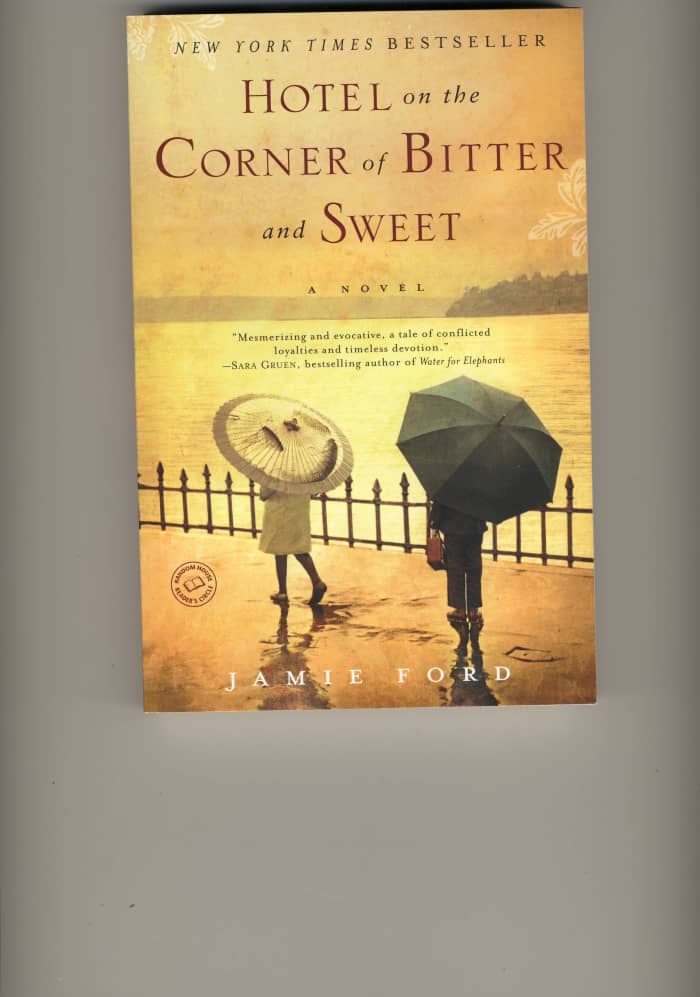
At least it wasn't Herman the Cat Nip or Baby Huey. They just called him Casper, after the friendly ghost. It meant white devil, a term usually reserved for Caucasians, and then only if they really deserved the verbal abuse.Ī few kids took pity on him, though, those being his former classmates and one-time friends, kids he'd known since the first grade like Francis Long(ph) and Harold Chu(ph).

His morning routine, walking upstream, brought him headlong into dozens of other kids his age, all of them going the opposite way. He continued west on Jackson Street, past a flower cart and a fortune teller selling lucky lottery numbers, instead of going east in the direction of the Chinese school that was only three blocks from the second-floor apartment he shared with his parents. Henry walked by, listening to the men bark at each other in a Chinese dialect even he didn't understand. Men in fish-stained T-shirts hauled crates of raw cod and buckets of geoduck clams, half-buried in ice. (Reading) The entire city came alive in the morning. SIMON: If I could ask you to begin by reading a section that brings us back to the Seattle of 1942, wartime Seattle. JAMIE FORD (Author, "Hotel in the Corner of Bitter and Sweet"): Thanks for having me. Jamie Ford joins us from the studios of KGPR in Great Falls, Montana. "Hotel on the Corner of Bitter and Sweet" reflects some of novelist Jamie Ford's own family history, his fascination with Seattle, his passion for jazz, and buried secrets in families that sometimes just come spilling out.

It is Seattle's Panama Hotel, where an old man named Henry Lee stands as the book opens and remembers an old, doomed love. It's also the title of Jamie Ford's debut novel. The "Hotel on the Corner of Bitter and Sweet" is an actual place.


 0 kommentar(er)
0 kommentar(er)
